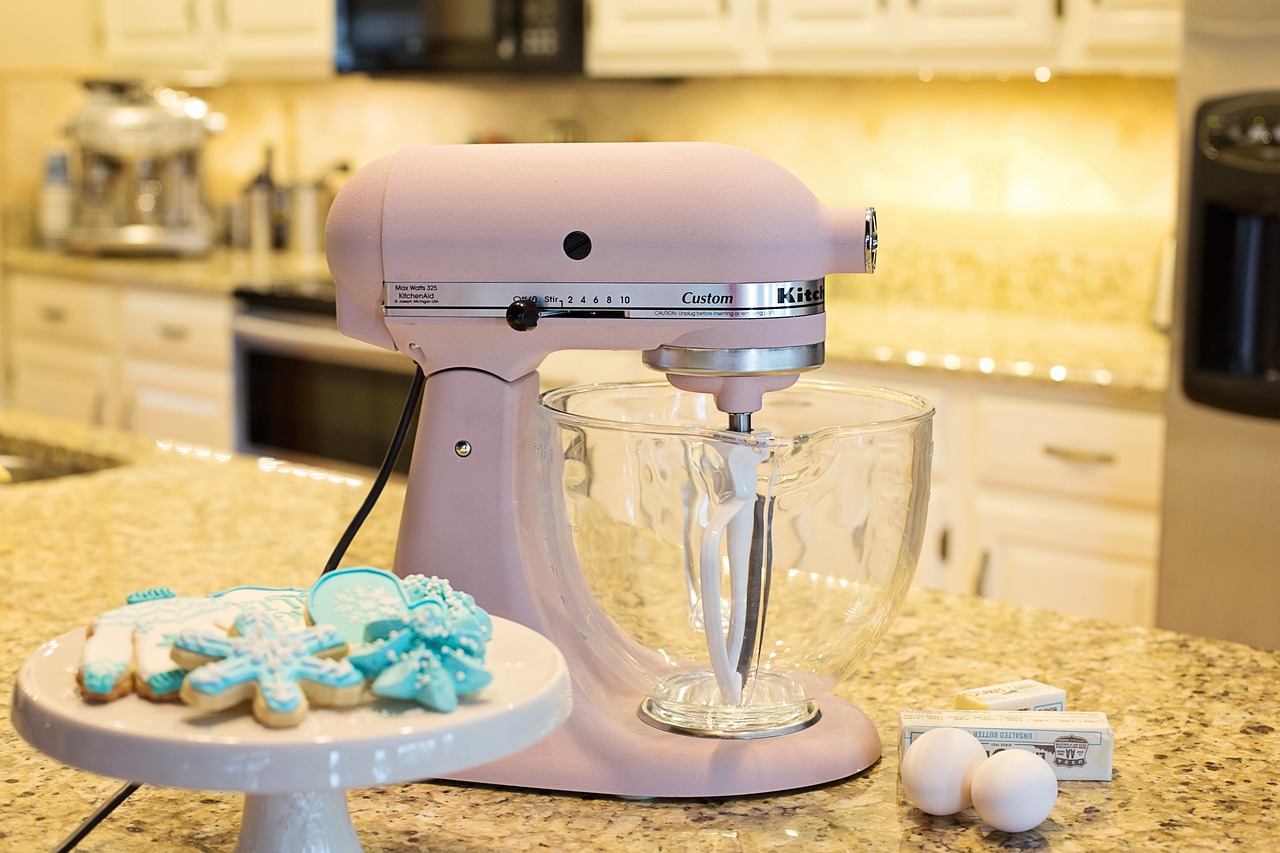Sleep apnea is a serious condition that affects millions of people worldwide. It occurs when a person’s breathing is interrupted during sleep, leading to poor rest, fatigue, and long-term health complications if left untreated. One of the most effective treatments for sleep apnea is the use of a continuous positive airway pressure (CPAP) machine or other types of devices designed to help users breathe more easily. These machines provide various benefits that can significantly improve the quality of life for individuals with sleep apnea. Below, we’ll explore the key advantages of using a sleep apnea machine and how it can contribute to better health.
1. Improved Sleep Quality
One of the most immediate benefits of using a sleep apnea machine is the improvement in sleep quality. Individuals with untreated sleep apnea often experience frequent awakenings throughout the night as their body struggles to maintain normal breathing. This can leave sufferers feeling exhausted even after what seems like a full night’s rest.
By maintaining a constant airflow, a sleep apnea machine ensures that the airways remain open, preventing the breathing disruptions that lead to poor sleep. With more consistent, uninterrupted sleep, users wake up feeling more rested, energized, and ready to take on their day.
2. Reduced Risk of Serious Health Issues
Sleep apnea is linked to several chronic health conditions, including high blood pressure, heart disease, stroke, and type 2 diabetes. When breathing stops during sleep, it places a strain on the cardiovascular system, which can increase the risk of heart-related complications over time.
Using a sleep apnea machine can help lower these risks by maintaining regular breathing patterns throughout the night. By ensuring that oxygen levels in the blood remain stable, the machine helps protect the heart and reduces the likelihood of developing serious medical conditions associated with untreated sleep apnea.
3. Enhanced Daytime Alertness
Daytime drowsiness is one of the hallmark symptoms of sleep apnea. Without proper treatment, sleep apnea sufferers often struggle with feelings of fatigue, which can impair their ability to concentrate, perform tasks, and even drive safely. The lack of deep, restorative sleep can also affect mood, leading to irritability or depression.
With a sleep apnea machine, individuals can experience better-quality sleep, which results in enhanced daytime alertness. The ability to stay focused and energized throughout the day can significantly improve job performance, personal relationships, and overall quality of life.
4. Better Mental Health
Sleep is essential for maintaining mental health. People who suffer from sleep apnea frequently deal with mood swings, anxiety, depression, and cognitive difficulties due to chronic fatigue and sleep deprivation.
When a sleep apnea machine is used, it ensures that the body and brain receive the oxygen they need throughout the night. This not only supports cognitive function but also helps to stabilize emotions and improve overall mental well-being. Over time, users of these machines often report feeling less anxious and more emotionally balanced.
5. Reduced Snoring
Loud snoring is one of the most common symptoms of sleep apnea, and it can be extremely disruptive to partners or anyone sharing the same space. Snoring occurs when the airway becomes partially obstructed, causing tissues in the throat to vibrate.
A sleep apnea machine helps keep the airway open, which significantly reduces or even eliminates snoring. This not only allows the person with sleep apnea to sleep better but also benefits their partner, leading to a more peaceful sleeping environment for both parties.
6. Lower Risk of Morning Headaches
Many people with sleep apnea wake up with headaches in the morning due to low oxygen levels in the blood and disrupted sleep patterns. These headaches can linger throughout the day, further diminishing one’s quality of life.
By using a sleep apnea machine, the oxygen levels in the blood remain stable throughout the night, which reduces the occurrence of morning headaches. This small yet important benefit can make a significant difference in how a person feels when they start their day.
7. Long-Term Cost Savings
While purchasing a sleep apnea machine may seem like a significant upfront investment, it can actually lead to long-term savings. Left untreated, sleep apnea can result in numerous medical expenses, including visits to specialists, medications, and hospitalizations for related health conditions like heart disease or stroke.
By effectively managing sleep apnea, a machine helps prevent these costly complications. Over time, the expense of the device is offset by the savings in medical bills, making it a worthwhile investment in your long-term health.
8. Customizable Therapy
Modern sleep apnea machines come with a range of customizable features that allow users to tailor their therapy to suit their specific needs. For example, many devices offer adjustable pressure settings, humidifiers, and even data tracking to monitor sleep patterns and therapy effectiveness.
This personalized approach ensures that individuals receive the optimal level of care for their condition, making the treatment more comfortable and effective. With ongoing advancements in technology, these machines are becoming more user-friendly, quieter, and easier to travel with, further enhancing their convenience and appeal.
Conclusion
The benefits of using a sleep apnea machine go far beyond simply improving sleep quality. These machines play a critical role in reducing the risk of serious health issues, enhancing daytime alertness, and improving overall quality of life. By providing consistent airflow, a sleep apnea machine ensures that users can breathe easily throughout the night, leading to better sleep, improved physical and mental health, and greater well-being.
For anyone diagnosed with sleep apnea, investing in a sleep apnea machine can be life-changing, offering not only relief from symptoms but also protection against the long-term health risks associated with untreated sleep apnea.















